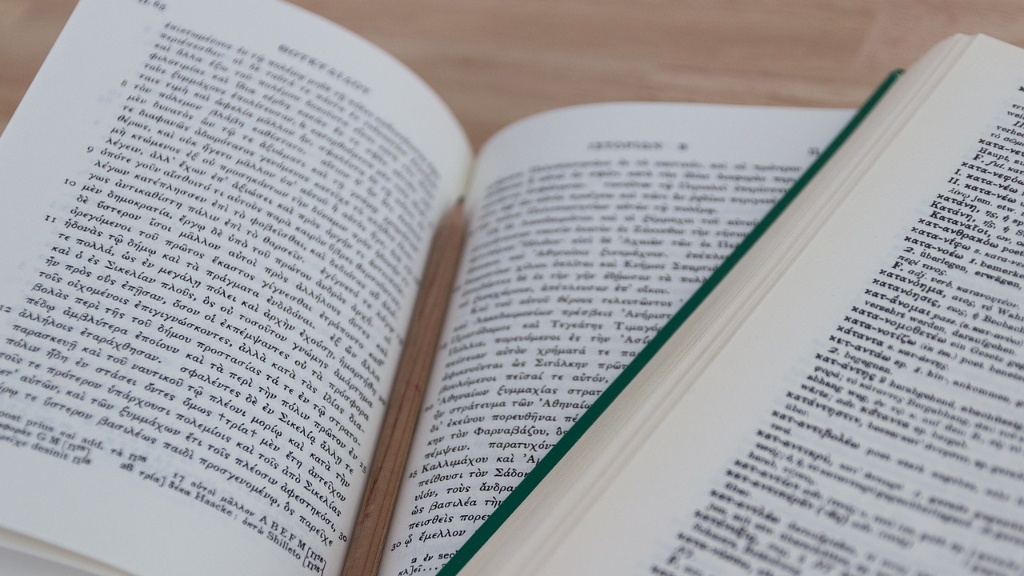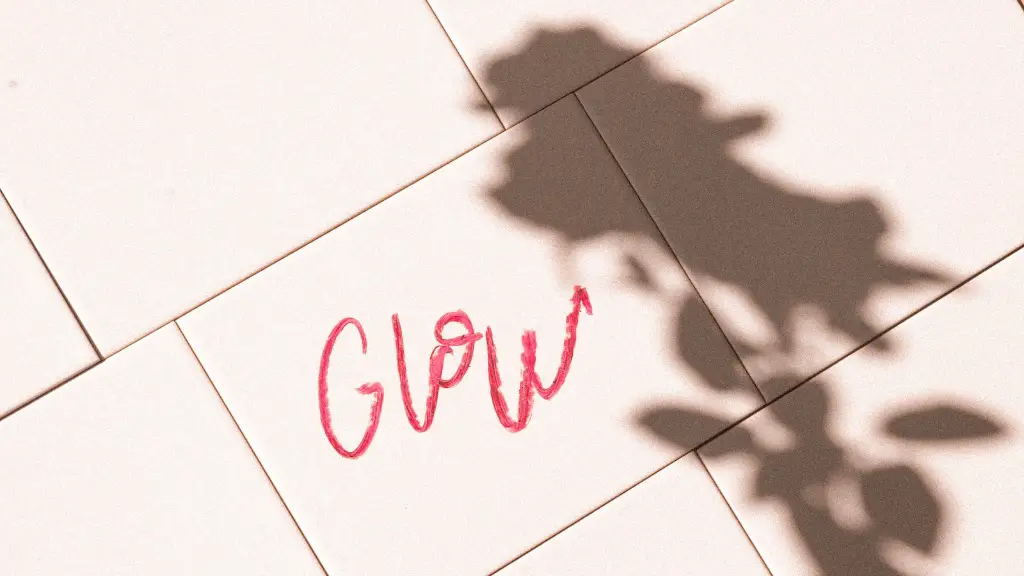Definition of Lyric Poetry
Lyric poetry is a major form of poetry, which expresses ideas and feelings in a musical way, often using the language of emotion, imagery and metaphors. It usually follows a specific meter and rhyme scheme and is usually shorter than other forms of poetry. It has been prevalent since the classical period, with some sources dating it as far back as 3000 BCE.
The Common Characteristics of Lyric Poetry
Lyric poetry is typically written in the first person, allowing the poet to communicate directly with the reader. It often focuses on emotions and personal experiences, as well as using descriptive language to capture the world around the poet. It is commonly overflowing with imagery, metaphors and storytelling devices, making it easier to evoke rich and vivid images. Lyric poetry often has a specific meter and rhyme scheme, and it can range from short snippets of verse to longer, more complex compositions.
Why Lyric Poetry is So Popular
Lyric poetry has been popular throughout history in part due to its ability to evoke strong emotional connections with the audience. It can be used to convey the deepest feelings of love, joy, sorrow, or frustrations. Lyric poetry can also be seen as a form of self-expression, as the poet can express their own personal beliefs, opinions and thoughts in a poetic manner. Lyric poetry can also help to capture the beauty of the natural world and can even be used as a political tool to remind people of the injustices in the world.
The Benefits of Lyric Poetry
One of the greatest advantages of lyric poetry is that it is highly adaptable, not only in its content but also in the structure. This allows poets to experiment with different structures, forms and meters, since the tradition of lyric poetry has been broadened and expanded over the centuries. Lyric poetry can also be extremely powerful, allowing poets to explore the depths of their emotion and express them in a poetic manner that can be readily understood by others.
The Value of Lyric Poetry
Lyric poetry has been highly valued for its ability to capture delicate or powerful emotions. It has also been revered for its potential to bring about change, as it can be powerful enough to move people to action. Lyric poetry can be used as a way of honoring past events and figures, as well as used to inspire and encourage others to strive for justice and peace. Furthermore, lyric poetry is seen as integral to preserving stories and traditions, allowing them to remain alive through the generations.
Which Statement is True About Lyric Poetry?
Lyric poetry is a major form of poetry, which expresses ideas and feelings in a musical way and often uses the language of emotion and imagery. Lyric poetry typically follows a specific meter and rhyme scheme and is commonly overflowing with imagery, metaphors and storytelling devices. It is typically written in the first person and often focuses on emotions and personal experiences. Lyric poetry is highly adaptable, can be powerful and can bring about change.
The Impact of Lyric Poetry
The impact of lyric poetry can be wide-reaching. As it has been seen as a powerful way to express emotion and ideas, it has become a vital art form for many cultures and communities. It is a powerful tool for preserving stories and traditions and can also be used as a way of honoring past events and figures. Lyric poetry can be used to empower communities and inspire change, as it provides a medium for poets to express their beliefs and opinions.
The Role of Lyric Poetry in Society
Lyric poetry has had an important role in many societies throughout history, and it continues to be a major form of expression in modern times. Its impact is often seen in political and social movements, as it can be used to communicate powerful messages and bring about change. It can also be used to celebrate and honor culture, as it can bring together people to celebrate their common history and values. In this way, lyric poetry can help to create community and foster understanding between different groups.
The Significance of Lyric Poetry
The significance of lyric poetry has been long-lasting and its impact is far-reaching. It provides a powerful way for poets to express their emotions and for communities to honor their shared history and values. It can also be used to bring about change and empower people in their fight for justice. It is an important part of preserving traditions and has been highly valued for its ability to capture delicate or powerful emotions.
Modern Applications of Lyric Poetry
In modern times, lyric poetry has gone beyond its traditional roots and can now be found in a variety of forms. It can be used to create powerful music, films and literature and to inspire people to follow their dreams. It has also taken on a role in social media, allowing people to express their feelings in a more creative way. Furthermore, lyric poetry can be used as a form of self-expression and as a way to inspire others to strive for justice and peace.
Lyric Poetry in Education
Lyric poetry is an important part of education and is often used to help students better understand the language of emotion and imagery. It can also be used to help students develop analytical skills, by breaking down the structure and symbolism used in the poetic form. Furthermore, it is also an excellent tool for students to express their feelings and emotions, allowing them to better articulate their ideas and feelings. In this way, lyric poetry can be used to help students on their journey of self-discovery.


